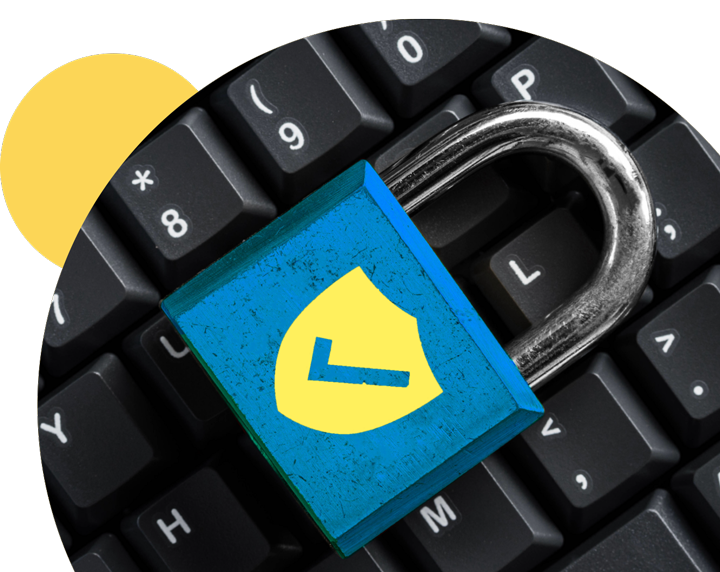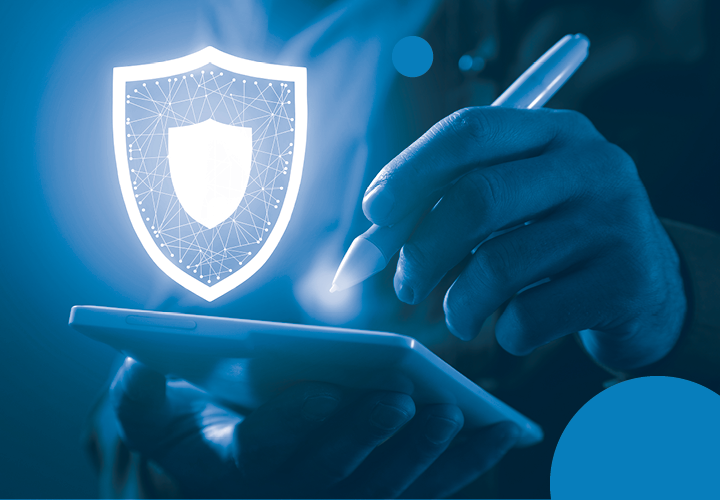ID Theft

Protect Yourself
Identity theft is an increasingly common issue that affects individuals from all walks of life, exploiting personal and financial information without consent to commit fraud.
Understanding what identity theft is, recognizing the signs, and knowing the steps to safeguard your identity are essential for everyone.
What is Identity Theft?
Identity theft involves the unauthorized use of your personal or financial information to commit fraud. This can include anything from unauthorized credit card transactions to someone else filing a tax return in your name. The consequences can be damaging, impacting your financial health, credit score, and personal reputation.
How to Recognize Identity Theft
Stay vigilant for signs of identity theft:
- Unexplained withdrawals from your bank account
- Bills or other mail not arriving as expected
- Debt collection calls for accounts you did not open
- Unfamiliar accounts or charges on your credit report
- IRS notifications about a tax return filed in your name that you didn’t submit
- Being denied for loan applications for no apparent reason
Preventing
Identity Theft
Protecting your personal information is key to preventing identity theft:
- Secure your Social Security number (SSN) and financial documents.
- Shred documents containing personal information before disposal.
- Use strong, unique passwords for online accounts and change them regularly.
- Be cautious about sharing personal information, especially online.
- Monitor your financial statements and credit report regularly for unauthorized activity.
Reporting
Identity Theft
If you suspect you're a victim of identity theft:
- Report the theft to the Federal Trade Commission (FTC) at IdentityTheft.gov for English speakers or RobodeIdentidad.gov for Spanish speakers. For other languages, call (877) 438-4338 between 9am-5pm Eastern Time, press 3 to choose your language, and connect with an interpreter to take your report.
- Contact the fraud departments of the three major credit bureaus to place a fraud alert on your credit records.
- Notify your financial institution and credit card issuers to secure your accounts.
Spread the Word
Sharing accurate information within your community is powerful.
By educating others on how to protect themselves and what steps to take if they become victims, you contribute to a more secure environment for everyone. Distribute materials and share knowledge in various languages to ensure everyone has access to this vital information.

FAQs
Triggers include your info appearing on the dark web, a hard credit inquiry, or changes in your credit report, along with alerts on significant data breaches.